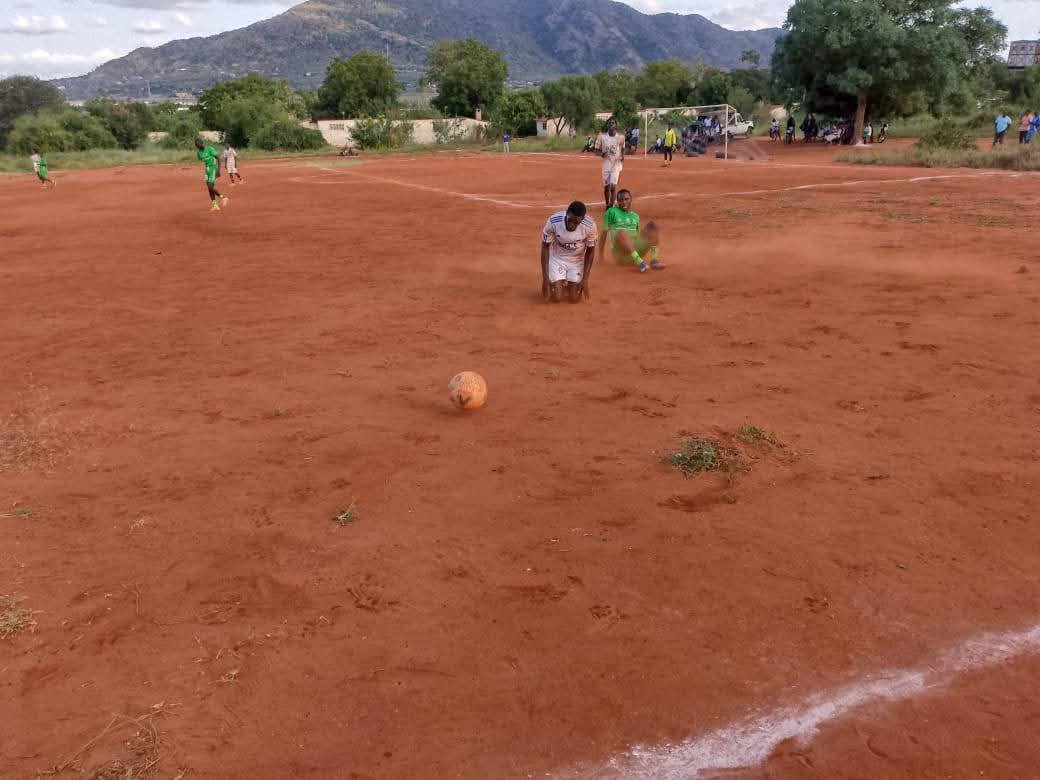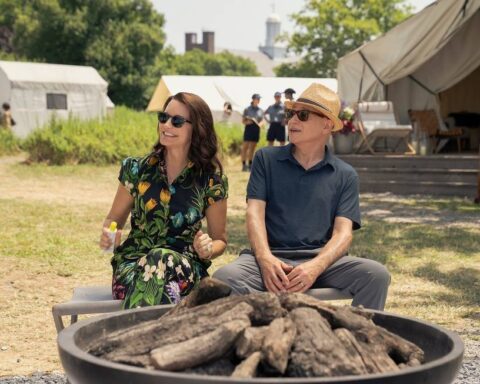By Pa Barrow
In The Gambia, Football isn’t just a sport—it’s the heartbeat of a nation. From dusty village pitches to the packed stands of Banjul’s stadiums, the love for the beautiful game pulses through every corner of this vibrant country. Yet, for all its passion, Gambian Football remains shackled by a stark reality: the game’s growth is overwhelmingly confined to the Greater Banjul Area, leaving rural talents and fans sidelined in a system long overdue for a shake-up. It’s time to take Football beyond the urban sprawl and ignite a nationwide revolution that gives every Gambian a shot at glory.
The Greater Banjul Area, with its cluster of clubs and standard pitches, is the epicenter of Gambian Football. The Gambia Football Federation (GFF) leagues, from Division One to Two, are almost exclusively staged here, turning the capital region into a fortress of opportunity. But what about the rest of the country? Catching a live league match is a logistical nightmare for rural fans, often requiring long, costly journeys to Banjul. For aspiring players, the barriers are even steeper. Without local infrastructure or competitive platforms, many young talents in the provinces see their dreams fade before they even get a chance to shine.
This urban-rural divide isn’t just a logistical issue—it’s a systemic failure that threatens the future of Gambian Football. The country’s footballing history is rich with stories of rural stars who defied the odds to make a name for themselves. Legends like Biri Biri and countless others cut their teeth on makeshift pitches in the provinces before dazzling on national and international stages. Yet, today’s rural prospects face a bleaker path. The lack of proper facilities, coaching, and competitive opportunities means God-given talent is too often left to wither. As one passionate supporter, Abdoulie Jobe, said, “Football cannot be developed without proper playing fields. It’s an open secret that the provinces are neglected regarding football infrastructure.”
Jobe’s words hit hard, and the stats back him up. Shockingly, Jarra Soma’s mini-stadium is the only facility in rural Gambia capable of hosting GFF Division One or Two matches. Let that sink in: an entire nation, united by Football, has just one rural venue fit for top-tier competition. From Basse to Farafenni, from Kerewan to Janjanbureh, passionate communities are left with crumbling or no pitches. Is it any wonder that rural fans and players feel like second-class citizens in the eyes of the GFF and the Ministry of Youth and Sports?
This isn’t just about fairness—it’s about untapped potential. Rural Gambia is a goldmine of raw talent, waiting for the right investment to transform the national game. Imagine the impact of a decentralized football ecosystem, with modern pitches, youth academies, and regional leagues sprouting across the country. It would unearth the next generation of Gambian stars and galvanize communities, boost local economies, and give fans outside Banjul a chance to cheer on their own. Football’s magic lies in its ability to unite, and The Gambia deserves a system that reflects that universal spirit.
So, what’s the game plan? First, the GFF and the Ministry of Youth and Sports must commit to a bold, long-term vision for decentralization. The number one priority should be building standard pitches in key rural hubs, such as Basse, Farafenni, and Soma. These don’t need to be multimillion-dollar mega-stadiums—just functional, well-maintained facilities that can host competitive matches and nurture local talent. Pair that with grassroots programs, including coaching clinics and school tournaments, to ensure young players have the skills and exposure to compete effectively.
Second, let’s rethink the league structure. Why not introduce regional qualifiers or a secondary rural league that feeds into the national divisions? This would provide provincial clubs with a platform to grow and compete while reducing the financial burden of traveling to Banjul for every match. It’s a model that’s worked in countries like Senegal and Ghana, where regional Football thrives alongside urban hubs.
Finally, it’s time to listen to the fans. People like Abdoulie Jobe aren’t just voicing frustrations but offering a roadmap for change. Rural communities deserve a seat at the table when it comes to shaping the future of Gambian Football. Their passion, after all, is no less fierce than that of their urban counterparts.
The clock is ticking. Every year that passes without investment in rural Football is another year of lost potential, another generation of talent left behind. The Gambia’s love for the game is boundless, but passion alone can’t build pitches or create opportunities. It’s time for the GFF, the government, and all stakeholders to step up and deliver a footballing revolution that spans every region, from the beaches of Banjul to the fields of Basse.
Football in The Gambia can be more than a Greater Banjul affair. With vision, investment, and heart, it can become a national obsession that lifts every community and gives every kid with a dream a chance to score. Let’s make it happen. The final whistle hasn’t blown yet.
The post Football in The Gambia: Time to Kick Off a Nationwide Revolution appeared first on The Alkamba Times.







